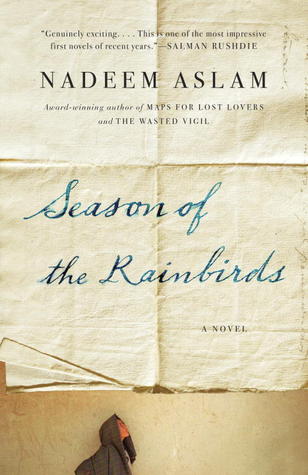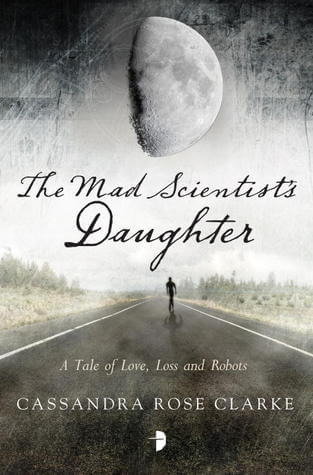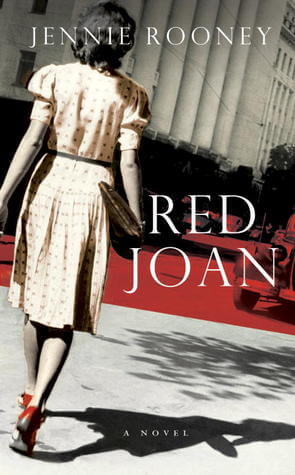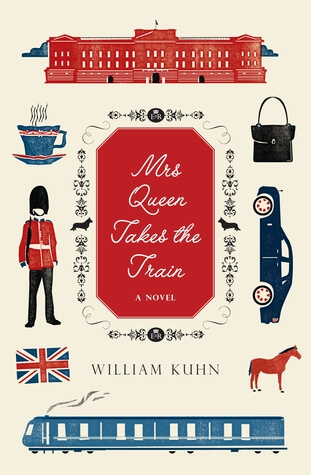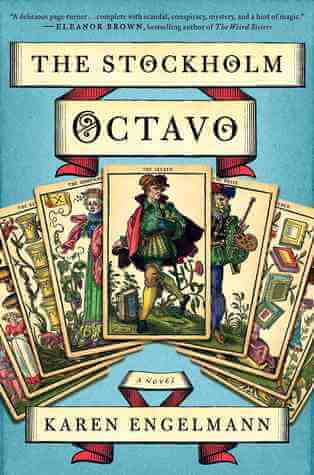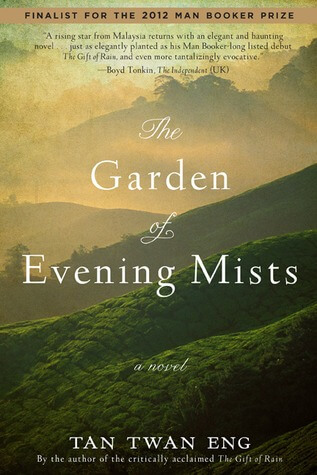A small village in 1980s Pakistan might seem to be a quiet setting, but much is going on beneath the surface in Nadeem Aslam’s Season of the Rainbirds, even before several major events rock the community. First, a well-known and corrupt judge is murdered, and then a sack of letters that went missing in a train crash nineteen years previously suddenly reappears.
“It was raining. Crickets sang. Darkness and silence pressed down on the huddled street; and for a brief confused moment Dr Sharif was unable to distinguish between the two. Then, filling his lungs with warm humid air, he shouted after Arshad Ali: ‘And make sure the chemist takes the injections out of a refrigerator!’ A child had recently contracted polio in spite of the fact that she had been vaccinated. The heat had denatured the vaccine.”
– Season of the Rainbirds, Nadeem Aslam
A small village in 1980s Pakistan might seem to be a quiet setting, but much is going on beneath the surface in Nadeem Aslam’s Season of the Rainbirds, even before several major events rock the community. First, a well-known and corrupt judge is murdered, and then a sack of letters that went missing in a train crash nineteen years previously suddenly reappears. What is in the letters, and what buried secrets might they reveal? Who murdered the judge? And when great political disaster threatens to strike, what are the local repercussions? As we follow a host of townsfolk and several visitors over the next few days, the life, religious concerns, and culture of this tiny Pakistani village unfold in vivid detail.
Nadeem Aslam’s first novel is less a gripping tale of suspense and mystery than it is a week in the life of an isolated village that’s been shaken up by unforeseen events. With a dramatis personae of two dozen characters, Aslam brings to life the daily comings and goings, the feelings and events and societal beliefs that make a life. Maulana Hafeez, a devout cleric, tries to help the predominantly Muslim population. Deputy Commissioner Azhar is trying to find out who murdered the judge. Both men are largely interested in keeping the peace, though often in very different ways and for different reasons.

